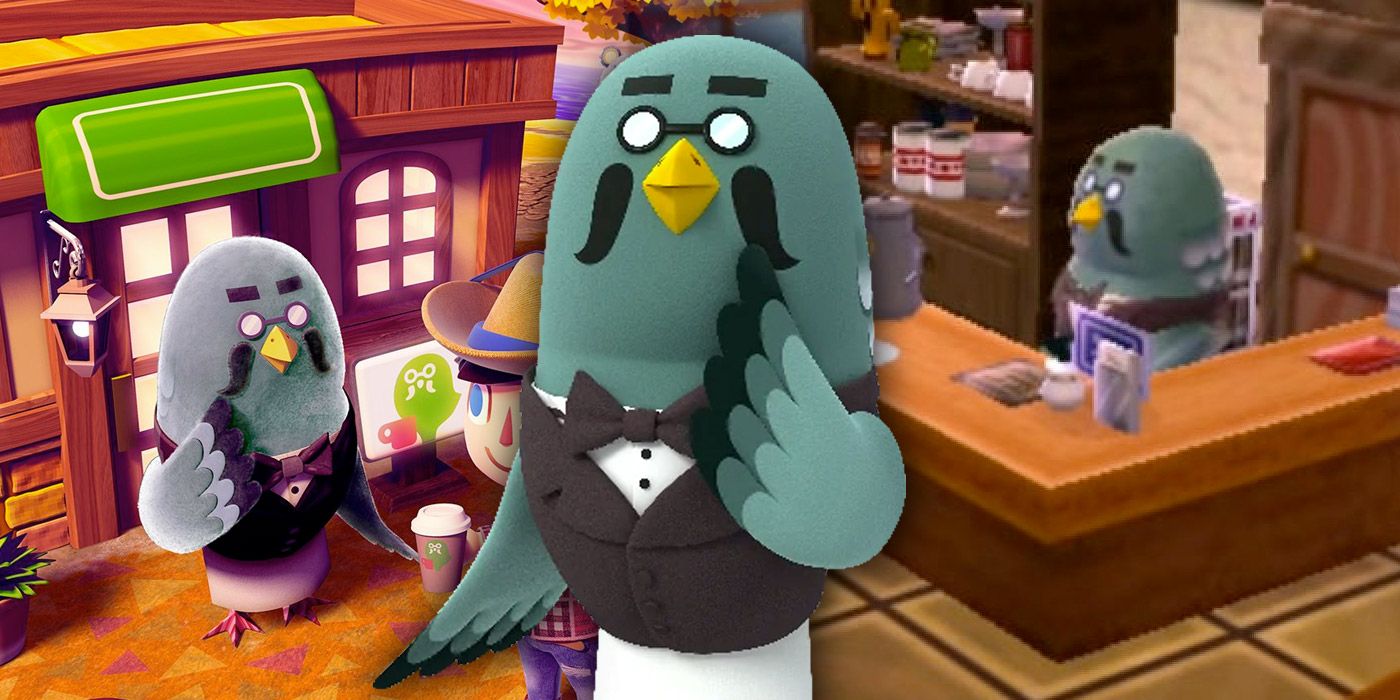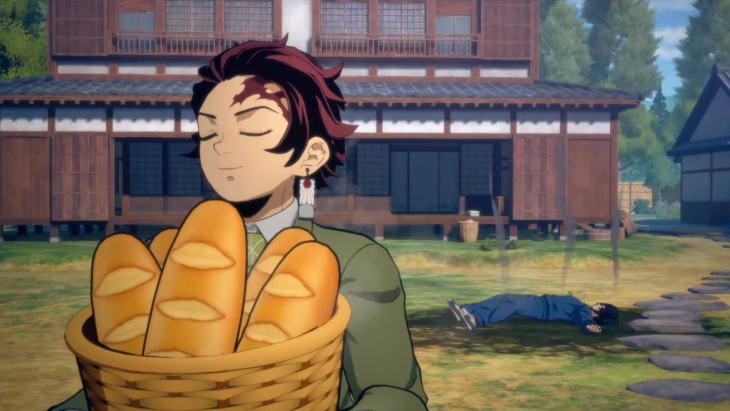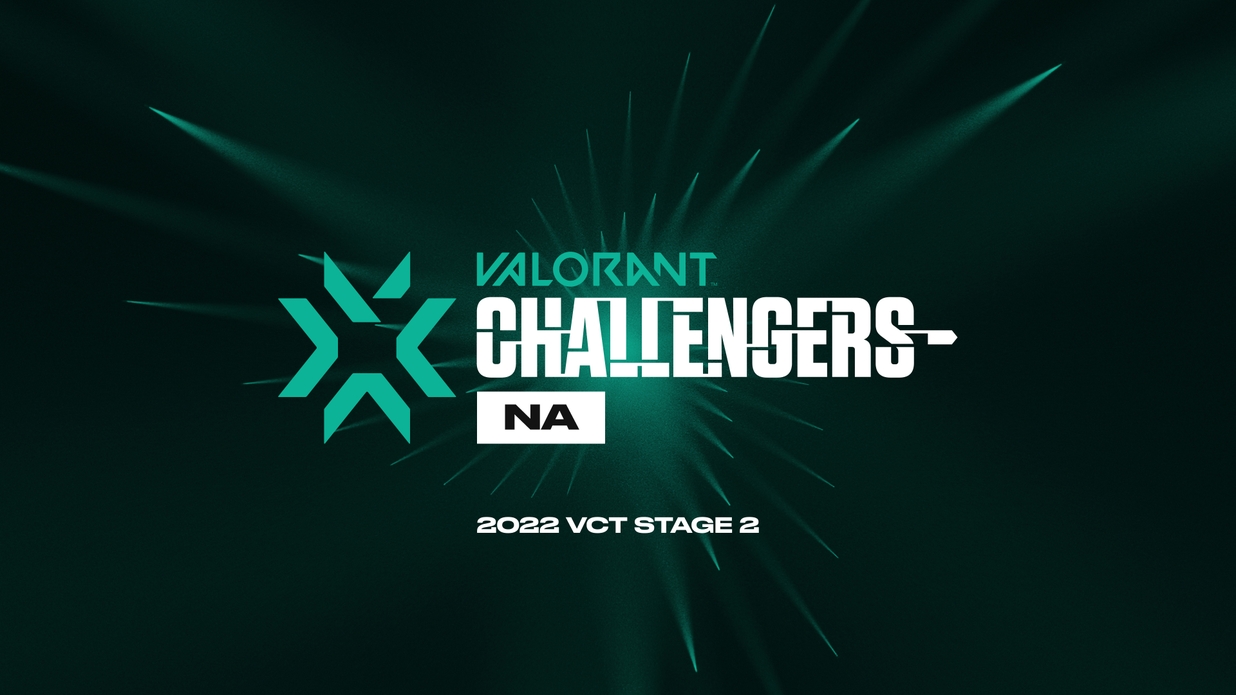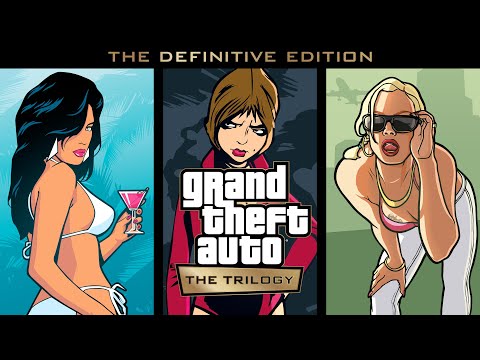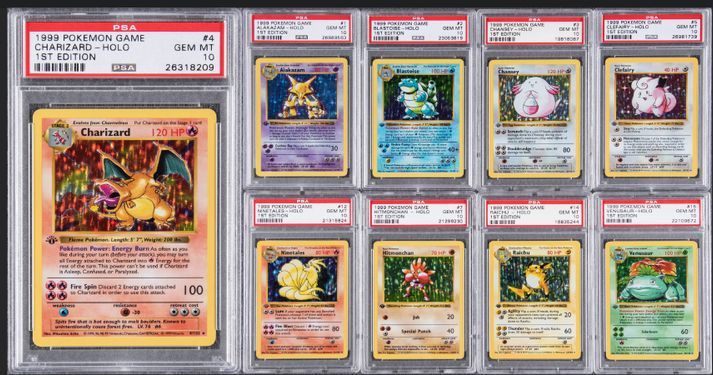
A new record has just been set for the most money spent on a single video game at auction. Last week, a graded copy of Super Mario 64 sold for $1.5 million. This just days after a sealed copy of The Legend of Zelda broke the same record, which sold at auction for $870,000. There’s little doubt that we’ll see this record broken again and again in the coming weeks and months.
Sales like this don’t happen in a vacuum. We’ve seen these nostalgia-driven booms several times over the last year, first with Pokemon cards, then with NFTs. When something considered widely accessible like a video game or a Pokemon card unexpectedly sells for an absurd amount, speculators and short-term investors jump at the chance to make a quick buck. This, in turn, inspires the average gamer, who thinks, “Hey, I’ve got some old games, maybe they’re worth something too.” The bubble inflates thanks to the artificial interest generated by the promise of easy money, until one day it pops. All of the “investors” move on to the next boom, while the gamers are left with a corrupted hobby.
Related: Self-Proclaimed 'King Pokemon' Sparks Social Media War Over Signed Charizard Card
The collectible game market is really nothing new. Rare games like the Nintendo World Championship gold cartridge, of which only 26 were ever produced, are a highly sought-after collector’s item that sold in the past for up to $100,000. The difference here, of course, is that Super Mario 64 is not a rare game. Most of us probably still have our copy of it. You can grab an original cartridge on eBay just like the one that sold for $1.5 million for just $25. The only difference between them is the quality of the box it comes in. If you put either cartridge in an N64, they’d both play the exact same game. Today, you can find a dozen more factory sealed and graded copies of Super Mario 64 on eBay listed for as much as $250,000. This boom may be just starting out, but the recent Pokemon card fiasco provides a realistic roadmap of where things may go from here.
Just like last week's The Legend of Zelda auction, the Pokemon card boom started with a single sale that was outrageously over market value. Before Logan Paul infamously purchased a base set booster box at auction for $200,000, the previous record for the same product had been set in February 2019 at $78,000, a price that had been steadily increasing over the last 20 years. Since last October, these first edition booster boxes have been selling for as much as $408,000 thanks to the extreme inflation brought on by influencers and content creators, like Paul, that specifically seek out the notoriety that comes from overpaying for these collector’s items.
That sudden price spike brought a lot of outside interest to the hobby as both speculators and adults with childhood collections turned to Pokemon as a new get-rich-quick scheme. It didn’t take long until scalpers across the world turned Pokemon card reselling into a full-time job, making product virtually unobtainable at the retail level and dramatically increasing the price of packs with each release over the last year. Through greed and selfishness, an entire generation of kids have been robbed of a hobby that meant so much to us, but that we’ve now turned into a meaningless commodity.
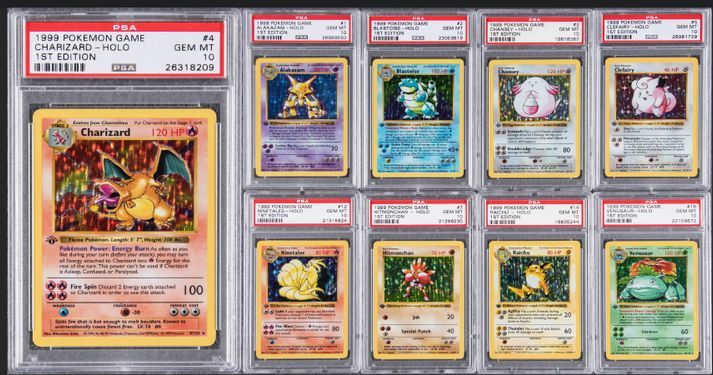
We’ve seen the same thing happen with all kinds of collectibles and action figures throughout the pandemic, and now we’re seeing it happen to video games. At least with Pokemon cards, it’s reasonable to imagine a lifelong collector who loves the cards but doesn’t actually play the game. Do you think there are video game collectors that don’t play video games? That’s where we’re going to end up if we continue to sell out our own childhoods like this. Video games are intimate, personal experiences between the game and the player. They’re not hunks of plastic sealed in cardboard boxes, and it devastates me to think that these recent auctions might have drawn the attention of the same cynical opportunists that are currently ruining Pokemon cards.
A random boxed copy of Super Mario 64 should never have sold for $1.5 million. The effect is hard to predict, but it may lead to an inflation on Nintendo cartridges across the board as people start selling all their games for a quick buck. WATA, the company that grades games, will almost certainly see a lot more business in the coming months, just as PSA did over the last year with Pokemon cards. The California-based company received so many cards for grading that it had to stop taking orders for a time because it couldn’t train new graders fast enough to keep up with demand.
If you love your video games, don’t seal them in plastic and try to sell them to some rich prick that just wants to brag about how much he spent. Play your games. Share these experiences with the next generation. We don’t need to treat game cartridges like a long-term investment. It’s gross, and it only leads to bad things for the people that actually care about collecting and preserving retro games. If you want to make a quick buck, stick to stocks. Leave video games alone.
Next: Super Mario 64 Sealed Copy Sold For $1.5 Million
